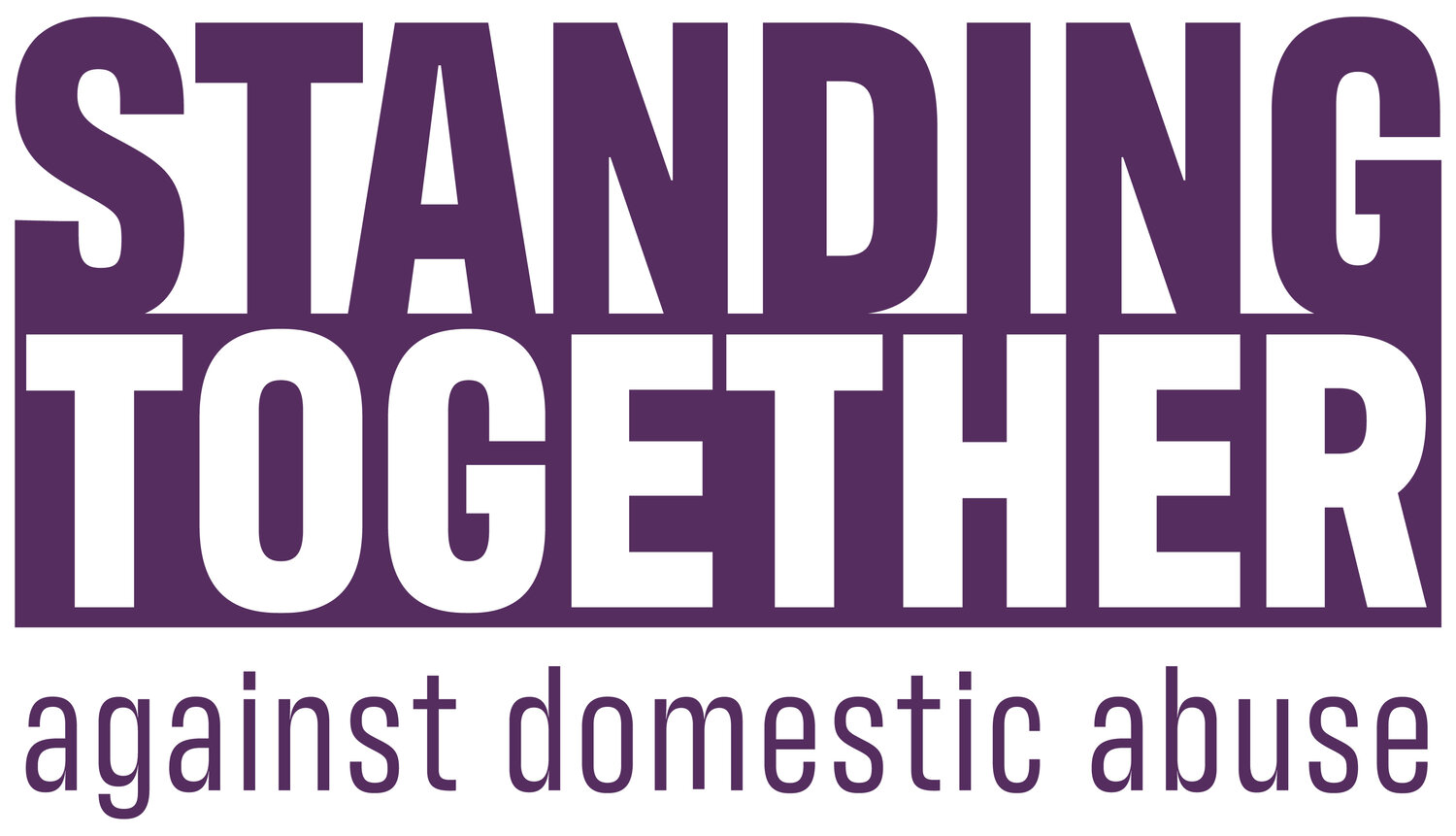Supporting Disabled Survivors of Domestic Abuse: A Call for Comprehensive Action
As we mark the 16 Days of Activism against Gender-Based Violence, it is critical to reflect on the heightened risks faced by disabled survivors of domestic abuse. In the year ending March 2020, individuals with disabilities were nearly three times more likely to experience domestic abuse (11.8%) compared to those without disabilities (4.6%) in England and Wales.
This disparity highlights an urgent need for intersectional and inclusive approaches to tackle domestic abuse. Disabled survivors frequently encounter unique forms of coercive control—such as withholding medication, denying access to mobility aids, or manipulating caregiving arrangements—that exploit their vulnerabilities and deepen their dependence on abusers.
"We must look beyond the caring dynamic," says Cherryl Henry-Leach, CEO of Standing Together Against Domestic Abuse. "Carers' assessments must be a cornerstone of our strategy to ensure that abuse is not masked by caregiving. Every survivor deserves access to safety and justice, free from systemic oversight or bias."
Cherryl’s insight highlights a concerning pattern: abuse involving disabled victims is often mischaracterised or overlooked. Tragically, some deaths are recorded as “due to neglect” rather than acknowledged as domestic homicides. This not only skews data but also erases the lived realities of disabled survivors and their right to safety and dignity—a view strongly supported by findings from Safeguarding Adults Reviews (SAR) in Health and Social Care.
To address this, carers' assessments must play a pivotal role in safeguarding vulnerable individuals. Through thorough and compassionate evaluations, we can identify potential risks within caregiving dynamics and ensure survivors receive the support they need. Additionally, healthcare providers, social services, and community organisations must work together to create accessible reporting pathways that consider the unique challenges disabled survivors face.
At Standing Together Against Domestic Abuse, we remain committed to amplifying the voices of disabled survivors and advocating for systemic reforms. This 16 Days of Activism, let’s challenge ableism in our response systems, foster a culture of inclusivity, and ensure that no survivor is left unheard or unsupported—because safety and dignity are universal rights.
Cherryl Henry-Leach, CEO of Standing Together Against Domestic Abuse.
